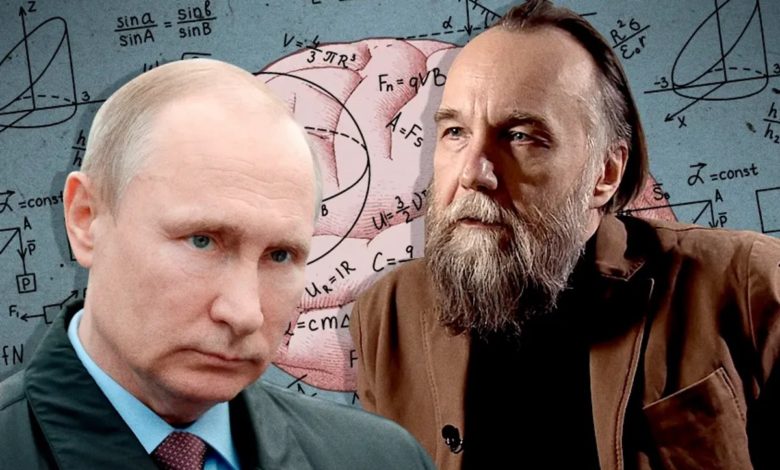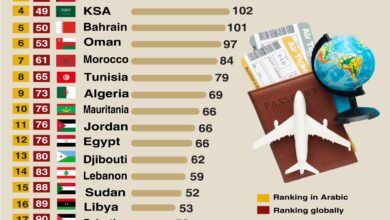Alexander Dugin: Putin’s Brain

Research Department
There is no doubt that the political positions and international behavior of states, regimes and rulers are based on political theories and ideas, which vary according to the cultural, social and economic nature of the states. Therefore, understanding the political attitudes and behavior of a particular state and regime requires an intellectual and theoretical search for the infrastructure on which those postures are based and precisely figure out their effects. Thus, Russia today is called “Putin’s Russia” due to the dominant role of President Putin, and his long duration in office and presidency over Russia since 1999 up to date.
There is a saying which is frequently repeated; if you want to know the spirit of modern Russia, you need to know Alexander Dugin and his philosophy and political theories. Who is Alexander Dugin?
There are several descriptions given to the Russian intellectual Alexander Dugin, including: The Kremlin theorist, the pioneer of the Eurasian movement, Putin’s brain, the mastermind and others.
Dugin, the theorist and professor at Moscow University, earned two doctorates, one in philosophy and the other one in political sciences;
he speaks nine languages, and is the author of dozens of books that span the intersection of thought with politics, which include his theories, opinions and ideas.
Among his most famous and widely published books: The Foundations of Geopolitics: The Geopolitical Future of Russia, and his other book “The Fourth Political Theory”.
Alexander Dugin is known to be the brain that Putin thinks, and directly influences him, although he has never been an official adviser to him or in the Kremlin. Dugin, who has studied Russian history with analysis and care, during Cesarean, Bolshevik, Soviet, and post-disintegration of the Union, to modern Russia, he considers “Putin’s Russia” facing and standing in opposition to liberalism and its model, imposed by the West through soft and hard power. He also finds hope in the Russian regime and Putin, as being a system that preserves national values and Russian civilizational traditions as he calls them, and believes that the current regime is one of the best that ruled Russia; however, he notes down his remarks and sometimes declares it.

